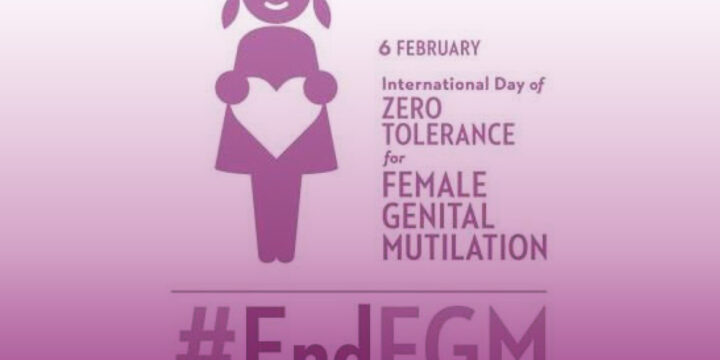
Female Genital Mutilation: Felony or misdemeanor?
Committee work in the Iowa House and Senate has produced differing views on what should happen to those who engage in female genital mutilation. Legislation to prohibit the heinous practice of 'female cutting” is advancing in the Iowa Legislature, with bills now reported out of the judiciary committees in both chambers. That's the good news. The caveat is the bills have diverged, with the Senate bill continuing to call for felony prosecutions and the House bill reducing the offense to an aggravated misdemeanor. Both bills have continued language to protect only juveniles from such procedures. In addition, the Legislative Services Agency has filed fiscal reports in an attempt to show the state's cost in enacting such laws. Senate File 346 was reported out of committee on Feb. 21, with its…









